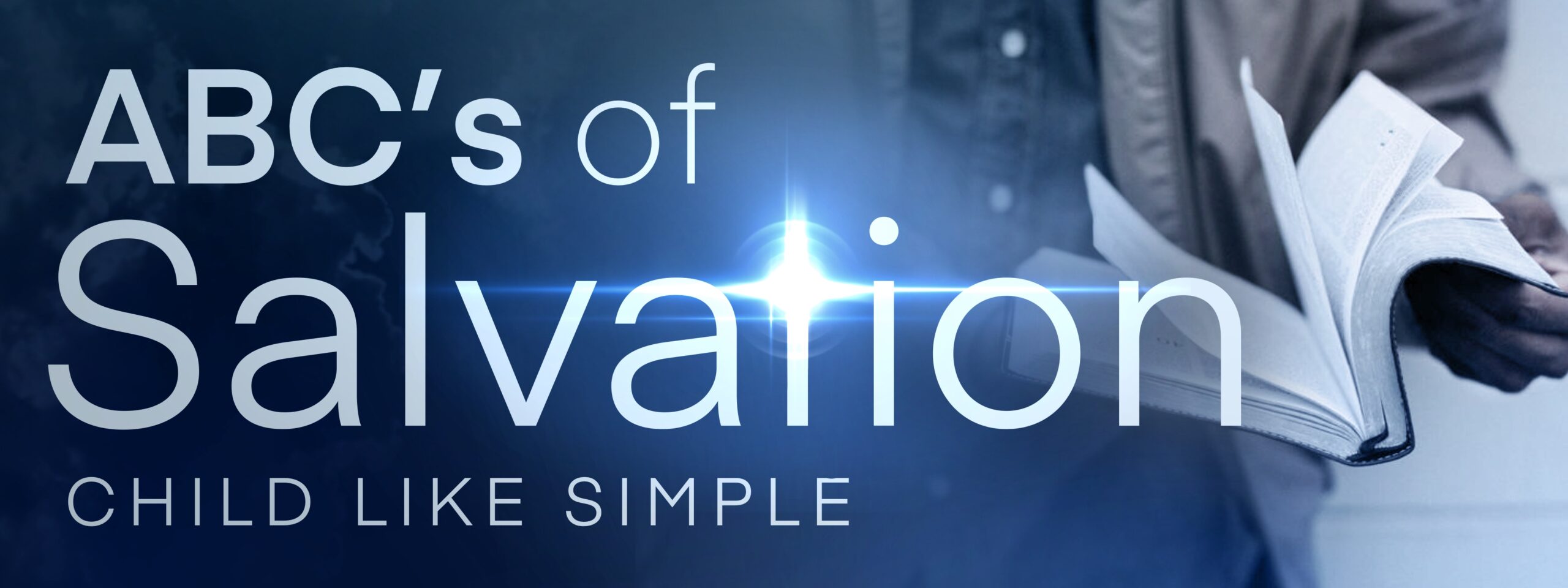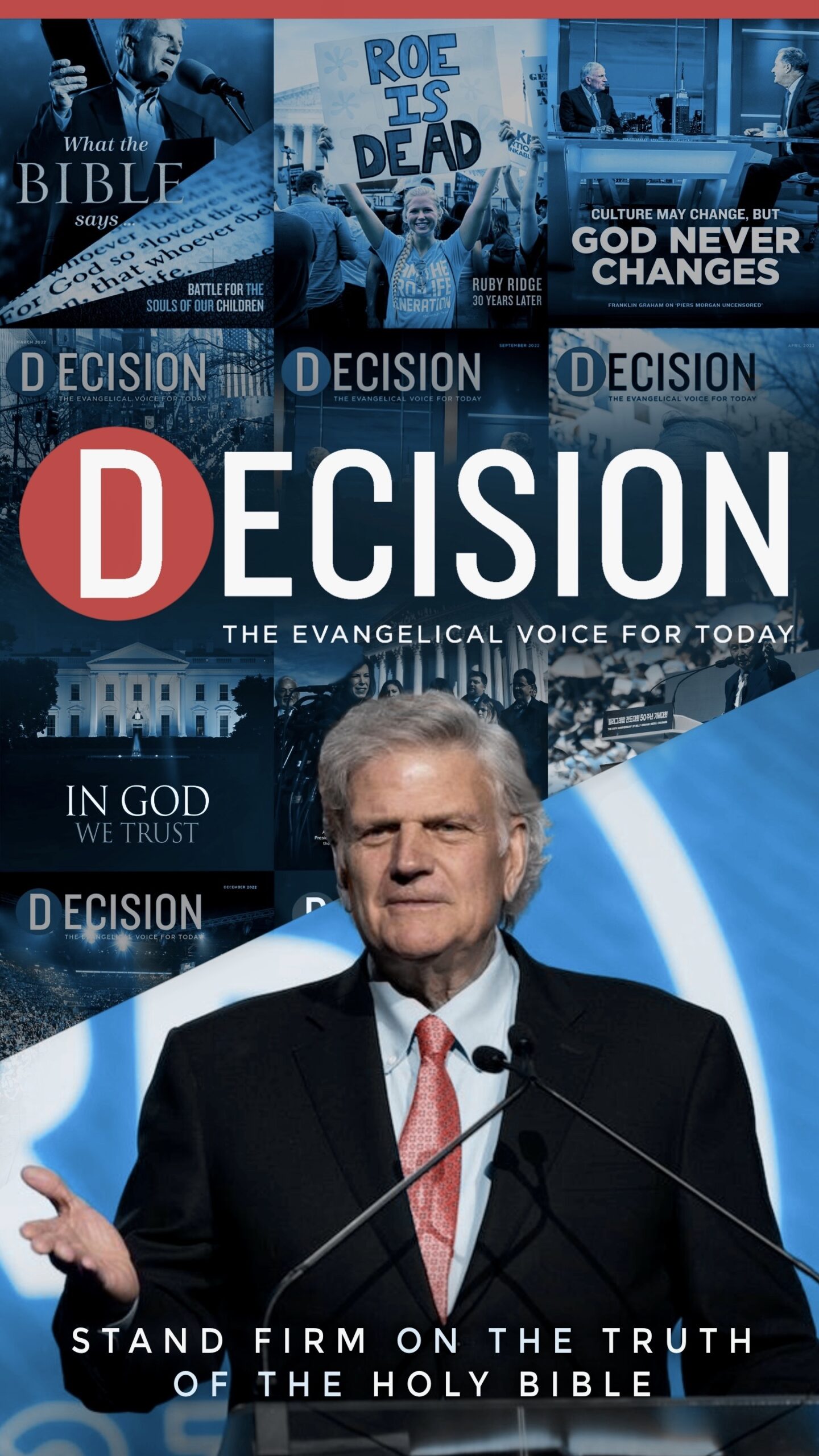Canada’s Senate passed Bill C-7 last week with amendments to expand the categories of who is eligible to die under the country’s already permissive euthanasia practice called Medical Aid in Dying (MAiD).
Reported Joan Bryden with the Canadian Press about Bill C-7’s amendments passed by the Senate:
One amendment would allow people who fear losing mental capacity to make advance requests for an assisted death.
Another would impose an 18-month time limit on the bill’s proposed blanket ban on assisted dying for people suffering solely from mental illnesses.
Until that exclusion on mental illness is lifted, senators also approved another amendment to clarify that it would not apply to people suffering from neurocognitive disorders such as Alzheimer’s disease.
They further amended the bill to require the government to collect race-based data on who requests and receives assisted dying and to establish a joint parliamentary committee within 30 days of the bill receiving royal assent to review the assisted dying regime in Canada.
“The revised bill will now be sent back to the House of Commons for MPs to determine whether to accept or reject some or all of the amendments,” reported Canadian Press.
The bill was originally crafted to expand euthanasia in the following ways:
- Remove the requirement currently in the law that a person’s “natural death be reasonably foreseeable.” This would allow people who are not terminally ill to choose to die by euthanasia.
- Permit a doctor or nurse practitioner to lethally inject a person who, at the time, is incapable of consenting as long as that person was previously approved for assisted death.
- Waive the ten-day waiting period if a person’s natural death is deemed reasonably foreseeable.
Alex Schadenberg, executive director of the Euthanasia Prevention Coalition, told LifeSiteNews that if the bill is passed in the House of Commons as currently amended, Canada will become the “most permissive nation concerning euthanasia.”
“Even the Netherlands and Belgium require people who are not terminally ill, but requesting euthanasia for psychological suffering, to attempt all effective medical treatments for their condition and the guidelines in the Netherlands and Belgium require a one year waiting period,” he said.
“Canada will kill someone for psychological suffering and mental illness after 90 days without requiring that person to try all effective treatments,” he added.
Schadenberg pointed out that when Canada legalized euthanasia in 2016 with Bill C-14, the bill did not provide “effective definitions in the law.”
“Therefore, the practice of euthanasia was already quickly expanding,” he said.
“For instance, the law never defined psychological suffering, in the same way that Bill C-7 does not define psychological suffering, and yet it permits euthanasia for psychological suffering. The law never defined the phrase ‘natural death is reasonably foreseeable.’ Therefore this phrase was defined by acts done by the euthanasia doctors.”
Schadenberg said Bill C-7 continues to use the undefined phrase “natural death is reasonably foreseeable” in its two-track system.
“If a person’s death is deemed to be reasonably foreseeable then there is no waiting period, or in other words, it permits a same-day death. If the person’s natural death is not ‘reasonably foreseeable’ then there is a 90-day waiting period. But what does the term ‘natural death is reasonably foreseeable’ mean? Once again, if a term or phrase is not defined it will become defined by the practice of killing.”
He noted that the legislation is designed to expand over time.
“The government is lying when they state that it is tightly crafted,” he said.
Schadenberg warned that the “expansion of euthanasia in Canada is not done yet.”
“For instance, the issue of the two-track law referred to in the previous paragraph will be struck down by a future court decision because it has created an undefined inequality within the law. If it is struck down, then there would be no waiting period for people who request euthanasia based on psychological suffering alone,” he said.
“Further to that, the law prohibits euthanasia for ‘mature minors.’ Based on previous court decisions that will also be struck down in the future.”
“In other words, the government has intentionally designed the law to expand over time. What is worse is that Canadians have bought the government’s talking points. They have bought into the lie,” he said.
Schadenberg said the disability community is “absolutely right” when it expresses concern about the focus of the legislation.
“This legislation directly encourages euthanasia of people who have disabilities or chronic conditions,” he said.
HD Editors Note: Why Is This News Biblically Relevant?
In 2 Timothy Chapter 3, the apostle Paul describes what the character of mankind would be like in the last days. These characteristics would serve as a sign that Jesus’ return is fast approaching. Among this list is a “Loss of Natural Affection.” This prophetically predicted characteristic is on full display as the murder of the weakest among us (through abortion, euthanasia, etc.) is celebrated and fought for by our godless society.
Answers in Genesis in their Article “Is Euthanasia a Biblical Solution to Terminal Illness or Suffering?” wrote:
As people around the world grapple with the issue of whether euthanasia (“mercy killing”) and physician-assisted suicide should be legal, it is the desire to retain control over our lives until the end that motivates many to push for a legal “right to die” on their own terms. When we realize that this is tantamount to asking for murder-on-demand, the sanitized sounding word euthanasia takes on its true colors.
How should we as Christians view this issue? Whatever direction the legal systems of this and other nations take—and whatever unhappy surprises our own lives may hold for us as individuals and for those we love—how can we be certain that our thinking on this issue is correct? It is quite easy to be caught up in the emotional rhetoric surrounding this subject and to be overwhelmed by emotional distress when we hear bad news from our doctors. Without a firm foundation in the Word of God, the decisions we make and the beliefs we hold about these complex issues may be swayed by emotions and governed by the fallible pronouncements of secular ethics committees or even resource utilization guidelines. Therefore, to prepare ourselves for the unexpected, it is important to base our thinking on the Word of God from the very beginning. Let’s get this straight in our minds now.
From the beginning—back in the Garden of Eden—human beings have wanted to take control of their lives. We see this in the historical account of Eve’s yielding to the serpent’s temptation to “be like God” (Genesis 3:5) and in Adam’s decision to follow her in rebellion to God.
The Bible does not condone the taking of one’s own life or euthanasia. It simply does not. God exhorts us to defend the “speechless … who are appointed to die” (Proverbs 31:8–9), not to kill them. God forbids murder (Exodus 20:13). Euthanasia—the destruction of another person’s life even to end their suffering—is a form of murder. It is wrong to do it and wrong to ask someone to do it for you. Having the choice to “shuffle off this mortal coil” through our own hand or the hand of another is not God’s plan for us. We human beings do not have the authority to make that decision for ourselves or our loved ones.
Yet despite all the appealing talk of “dying with dignity”—and who in their right mind would desire to die without dignity—suicide, even when assisted by a physician’s lethal prescription, and euthanasia—which is just a nice word for murder with a presumably merciful motive—are not acceptable options unless we are nothing more than animals.
But we are not just animals! We—every one of us—are all made in his image and therefore all human beings have lives of special value to God, so much so that Jesus Christ, God’s Son, gave his own life for us (John 3:16; 1 Corinthians 15:22; Hebrews 2:9–10). God’s account of creation recorded in the Bible is consistent with what wesee in the physical world and validates his ownership of humanity and his right to set our standards. And apart from a source of truth from someone greater than man, no person’s moral judgments are more valid than another’s. Human beings have many ideas about right and wrong, but as described in the biblical book of Judges, when God’s Word is ignored, everyone does what is right in his own eyes (Judges 21:25), and that is a recipe for disaster as much now as it was during the days described in the book of Judges. Only God who created mankind is justly in a position of moral authority over all mankind.
We must not, therefore, yield the ground to those exhorting us to embrace death prematurely—much less to put subtle pressure on others to do so—but rather focus on how we live in the light of God’s truth until life’s end.
This is a complex issue, and this article is not intended to address every aspect, much less to review the legal ramifications of laws and court decisions that can change in a day. This is, instead, a reminder that we need to base our thinking on the Word of God, which never changes and can be trusted to guide us through life and death.













